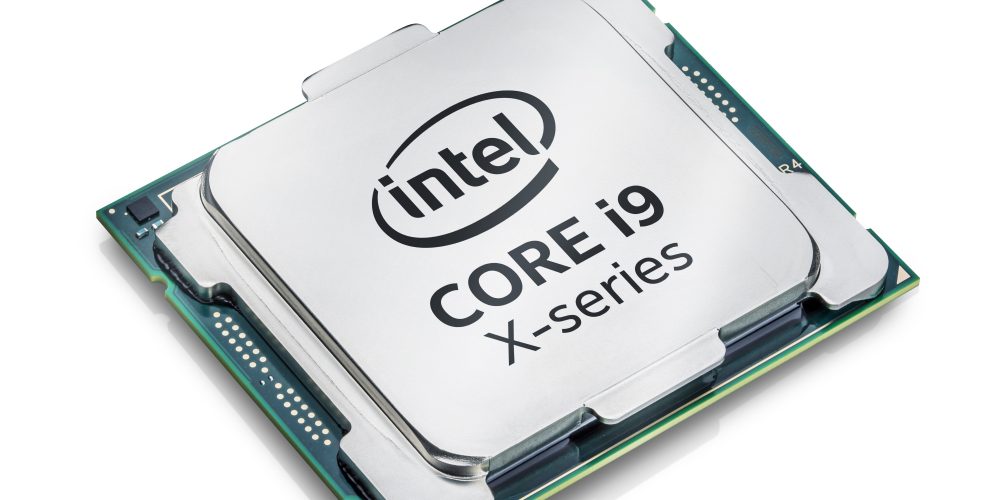Your computer and smartphones is almost certainly in danger of a critical Intel security A design flaw disclosed Wednesday in Intel and some other computer chips could have allowed an attacker to view hidden information such as passwords meant to be securely stored on the chip. Hardware and software manufacturers, including Apple and Microsoft, began pushing out patches Wednesday that protected against attacks making use of the flaw. The flaw, which Intel dubbed a side-channel analysis attack, was discovered “months ago” Intel CEO Brian Krzanich said on CNBC Wednesday. The discovery was made by researchers at Google’s Project Zero security group, which reported it to the affected companies. Intel CEO Brian Krzanich sold off a large portion of his stake in the company months after the chip maker was informed by Google of a significant security vulnerability in its flagship PC processors – but before the problem was publicly known. The vulnerability , which affects processors from Intel, AMD, and ARM and could allow malicious actors to steal passwords and other secret data, became public this week. The disclosure has left processor makers and operating system vendors including Intel and Microsoft scrambling to get on top of the story and patch their products.There are two separate security flaws, known as Meltdown and Spectre.Meltdown affects laptops, desktop computers and internet servers with Intel chips.Spectre potentially has a wider reach. It affects chips in smartphones, tablets and computers powered by Intel, ARM and AM First, let’s not panic. The UK’s National Cyber Security Centre (NCSC) said there was no evidence that the vulnerability had been exploited.But now that it has been made public, there’s concern the bugs are discoverable and may be taken advantage of.The bugs allow hackers to potentially read information stored on a computer memory and steal information like passwords or credit card data. Technology analyst Jake Saunders from ABI Research said it was not exactly clear what information might be at risk, but as the security gaps had been exposed “the question is whether other parties can discover and potentially exploit them Intel said it was working with hardware and software companies to push out fixes to the problem. The company said new chips it is working on will be constructed so that the exploit cannot be used on them, while firmware and software for older CPUs will be updated.]]>
